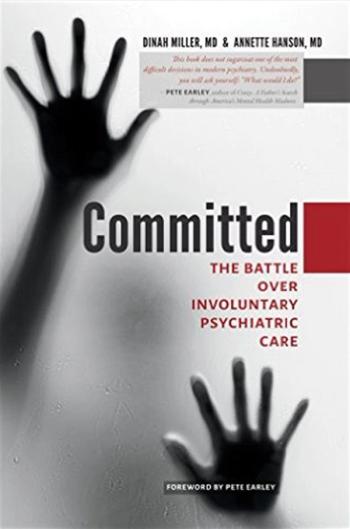
Here's a review of a book about involuntary psychiatric commitment-- a major source of controversy when the public tries to understand who psychiatrists are and what we do.

Here's a review of a book about involuntary psychiatric commitment-- a major source of controversy when the public tries to understand who psychiatrists are and what we do.

When a psychiatrist evaluates a patient, there is much to be valued in trying to adopt the patient’s internal perspective of cultural mores and world views. But what are the limits to cultural sensitivity?

Here: a review of issues related to assessment of patients for suicide risk in the ED -- and an overview of emerging approaches and research that one day will lead to more reliable assessment and interventions based more on science than on art or luck.

The public has questioned the wisdom of a judge to release a psychiatric inpatient, but not just any patient. Enter our metaphoric haunted house at your own risk.
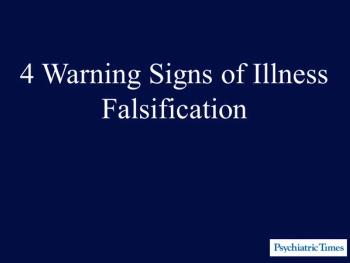
Medical, psychiatric, and/or developmental disorders can be falsified in a variety of ways. Know the warning signs often missed by clinicians.

Let us consider the case of a "bad" psychiatrist to serve as a warning of where we can go wrong.

What policy prescriptions, if any, would you make on a federal level for reducing gun violence in America? That question and more answered.

Individuals with serious mental illness are responsible for more than 7% of the nation’s homicides. What can be done to reduce this deadly phenomenon?

“Once a pedophile always a pedophile” is so 30 years ago. The author updates the realities about sex offenders and why psychiatrists should be more optimistic about their patients’ prognoses.

After serving 18 years for sexual assault and attempted murder, new DNA procedures led to Steven Avery's exoneration. Surely, he must be guilty of something.

The current shortage of psychiatric beds in the US is a major problem. Patients are discharged prematurely and often have to be readmitted or end up homeless or incarcerated.
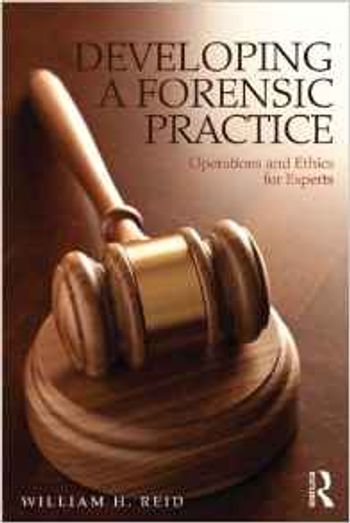
There is a lot to think about when starting a private practice-and yet more to consider when embarking on a forensic psychiatry practice. A review of a classic book that written by a giant in the field.

Gun violence by alienated, disgruntled individuals isn't new. So what changes may help account for our recent spate of mass shootings?
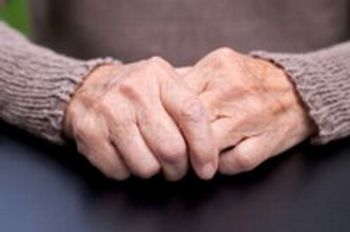
This article reviews the different categories of elder abuse, emphasizing the role and requirements for psychiatrists, with a focus on financial elder abuse.

Nearly half of children who present to emergency departments with self-harm receive no mental health assessment. What are the essential elements needed to interview children and adolescents in the context of a psychiatric emergency?

Jails have a much higher percentage of homeless mentally ill than does the general community, and those with psychiatric disorders (eg, schizophrenia) must often fend for themselves. Here are some solutions.

Currently, 1 in 15 youths undergoing psychiatric evaluation in the emergency department is restrained. This article covers diagnostic and therapeutic interventions that can reduce fear and put the young patient on a path to recovery.
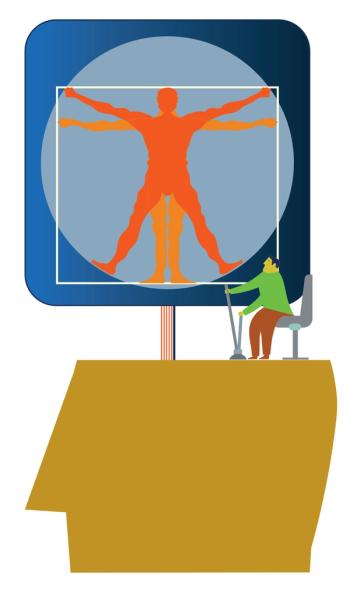
It is important to recognize and document the abilities and deficits of a patient in order to determine capacity.

Addiction and mental health treatment has fallen increasingly into the justice system for underserved and indigent patients. How do we bring state-of-the art treatment to this population in desperate need?
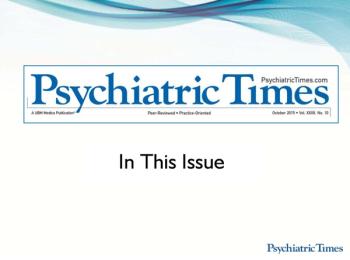
In this issue of Psychiatric Times, the authors cover climate change, women's health issues, forensic psychiatry, addiction and AIDS, cultural psychiatry, and other clinically useful topics.

There has probably never been a worse place and worse time to have a severe mental illness than now in the United States. How did we get into this mess?
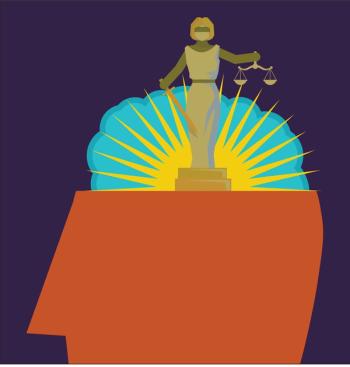
With a consistent and evolving presence in the US, forensic psychiatry has grown increasingly complex, with many specialty areas under its subspecialty umbrella.

Psychiatrists should not be afraid to assess parenting issues and other stressors when treating depressed or psychotic parents of young children.

About 25% of children in the US live with only one parent; the fallout from contentious divorces often leaves them susceptible to any number of damaging scenarios.

This article reviews a wide array of medicolegal, risk management, regulatory, and forensic mental health issues in the older population, which is growing at an accelerated rate.